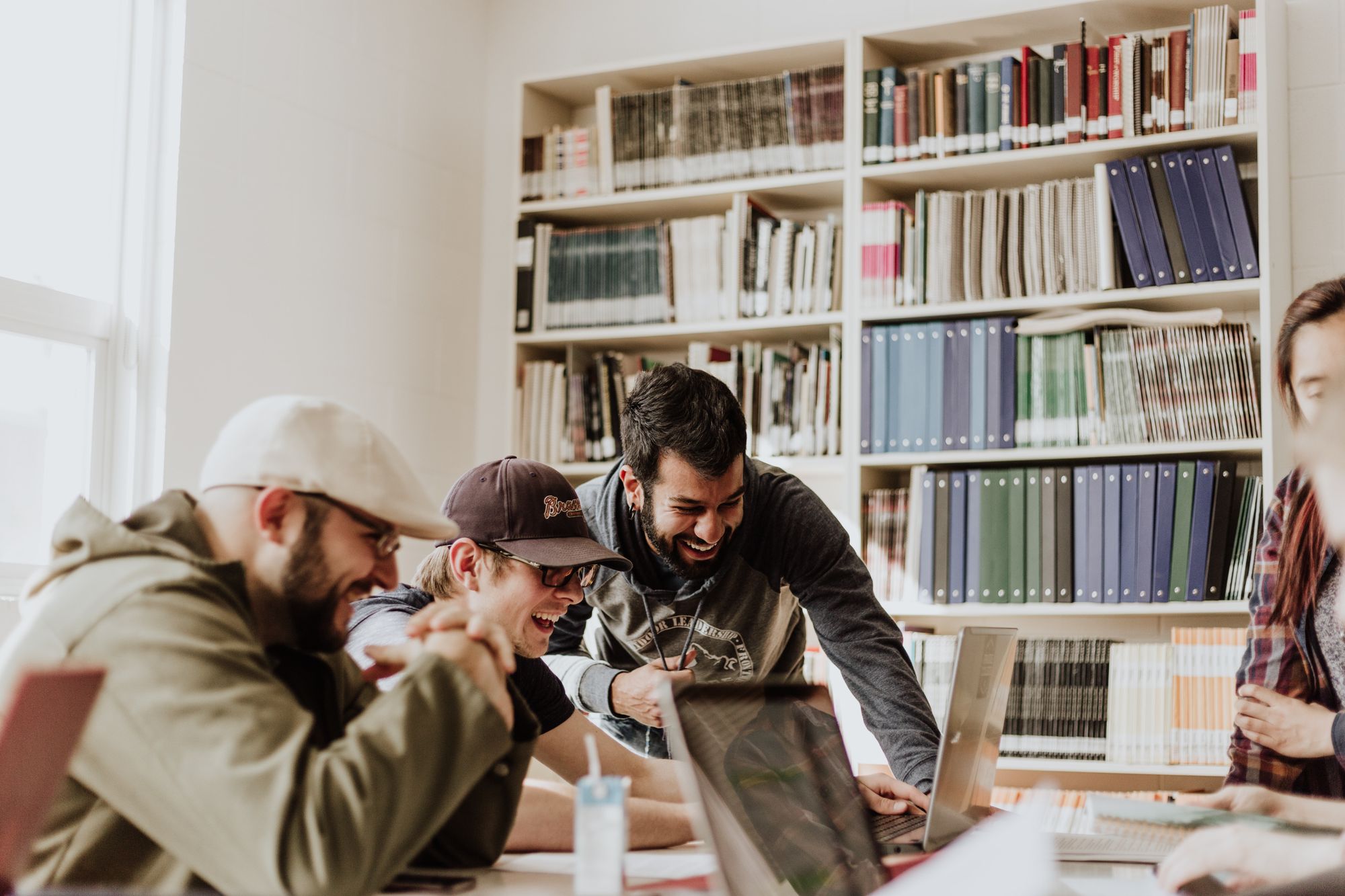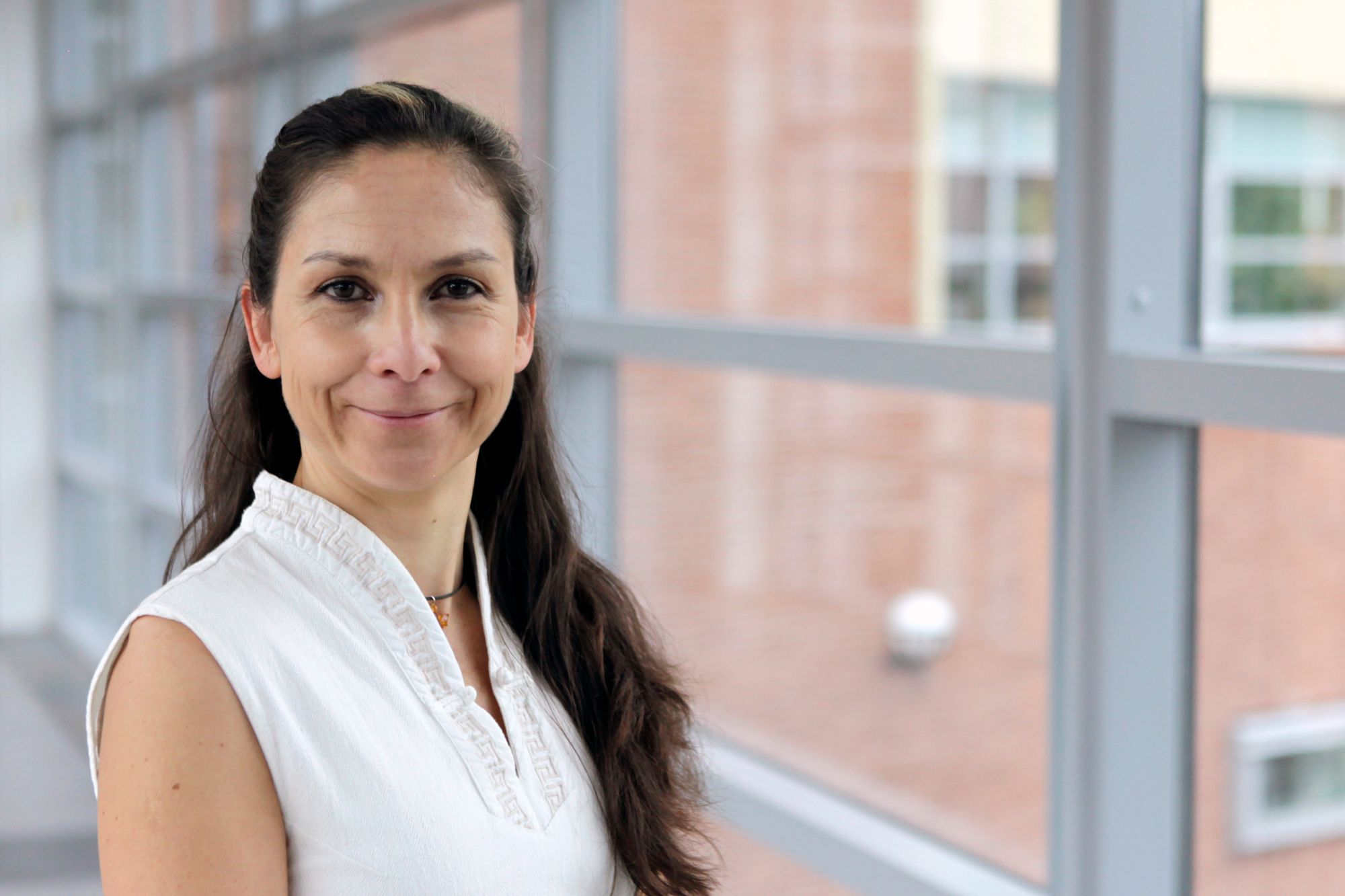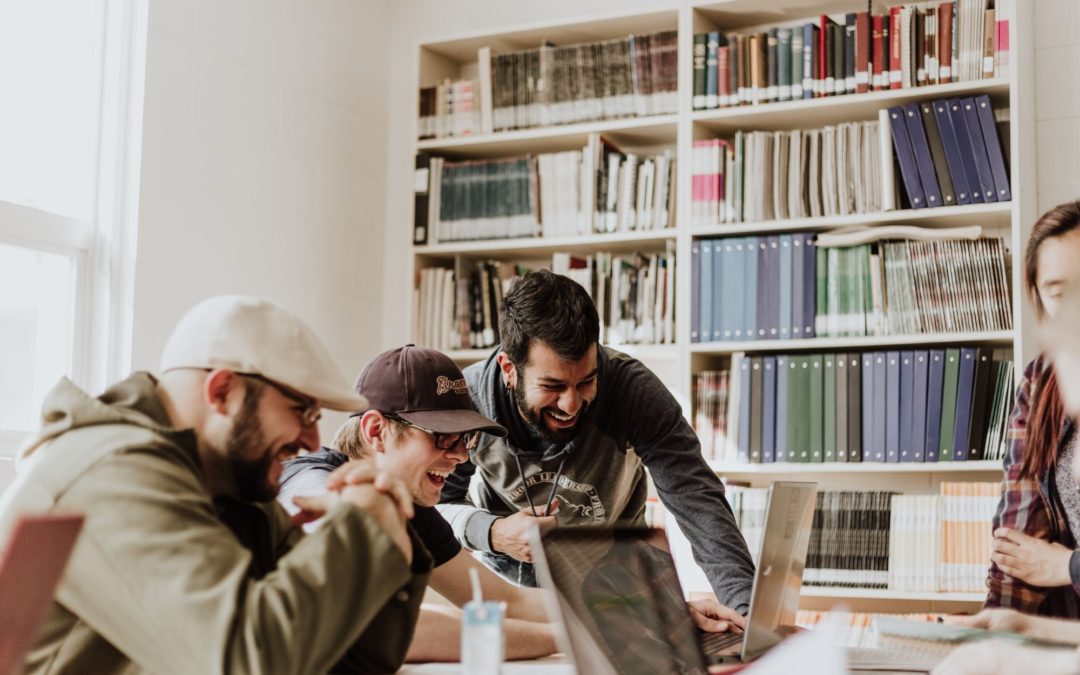
For the most part, young people do not get seriously ill from covid-19. But there have been fears that the social restrictions during the pandemic could cause psychological problems. However, this does not seem to be the case.
An international survey shows that young people cope with physical isolation without feeling socially isolated.
"The results show that the fears and warnings about the serious negative consequences for mental health, risk behaviors and vulnerability due to the strict covid-19 restrictions were not present in the majority of young people", says Nóra Kerekes, professor of medical science with a focus on psychiatry at University West in Trollhättan, Sweden and responsible for the study, in a press release.
The researchers asked 5,000 young people between the ages of 15 and 19 in Sweden, the USA, Vietnam, Serbia and Morocco what their lives looked like during the pandemic. Many had spent less time on schoolwork, spending time outdoors, and making friends. But they kept in touch with their friends via social media and many felt that they had more control over their lives during the pandemic.

"It is the so-called Generation Z that we investigated. They have grown up with social media in their daily lives and are used to socializing through them. In this way, they are equipped to cope with this adaptation to physical isolation and may therefore not feel as socially isolated as expected. That could be a possible explanation for the result", says Nóra Kerekes.
Then efforts from people in the youths' environment can also be an important part of their ability to cope so well despite restrictions that in some countries have affected lives to a large extent.
"I want to give great praise to the schools and the young people's parents who have actively and significantly contributed to creating the conditions for the high school students to cope with this crisis so well", says Nóra Kerekes.
Image: Pixabay / Jill Wellington





